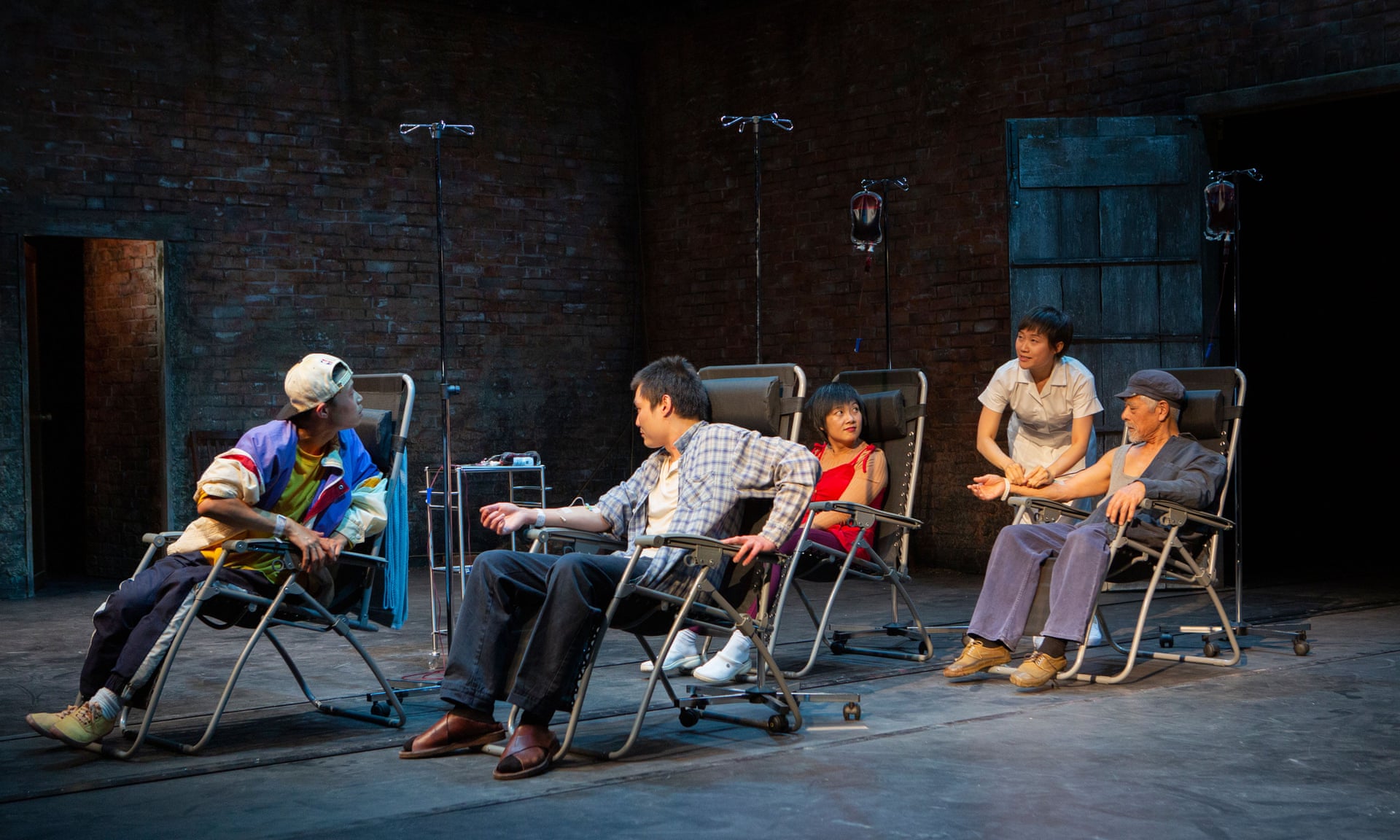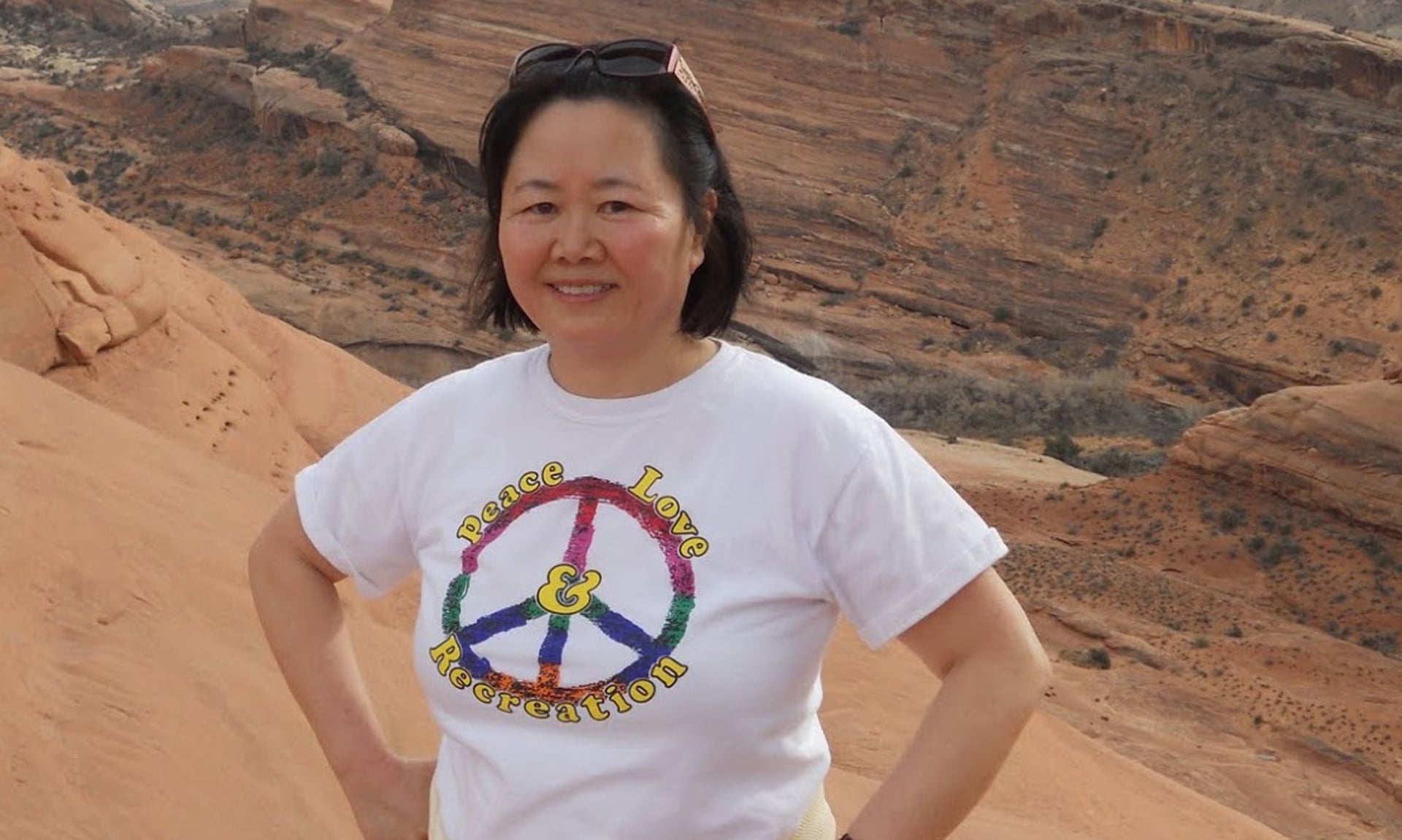Xu Zhiyong, a prominent Chinese legal activist, went silent over the weekend. His girlfriend, Li Qiaochu, a social activist, has gone missing.
Javier C. Hernández

Xu Zhiyong in Beijing in 2009.
He accused Xi of trying to cover up the Chinese coronavirus outbreak in central China.
In one of his most daring writings, he urged Xi to resign, saying, “You’re just not smart enough.”
Then, over the weekend, Xu Zhiyong, a prominent Chinese legal activist, went silent.
Then, over the weekend, Xu Zhiyong, a prominent Chinese legal activist, went silent.
The authorities in the southern city of Guangzhou detained him on Saturday, according to Mr. Xu’s friends, after he spent nearly two months in hiding.
His girlfriend, Li Qiaochu, a social activist, went missing on Sunday, Mr. Xu’s friends said.
The activist is the latest critic to be caught up in Xi’s far-reaching efforts to limit dissent in China.
The activist is the latest critic to be caught up in Xi’s far-reaching efforts to limit dissent in China.
The crackdown, which has ensnared scores of activists, lawyers, journalists and intellectuals, is likely to intensify as the ruling Communist Party comes under broad attack for its handling of the Chinese coronavirus outbreak, one of its biggest political challenges in years.
Mr. Xu, a 46-year-old former university lecturer, has long railed against government corruption and social injustice in China.
Mr. Xu, a 46-year-old former university lecturer, has long railed against government corruption and social injustice in China.
He went into hiding in December as the police began rounding up human rights activists who met with him in the eastern city of Xiamen.
While in hiding, Mr. Xu continued to publish blunt critiques of Xi on social media, accusing him of leading a dictatorship.
While in hiding, Mr. Xu continued to publish blunt critiques of Xi on social media, accusing him of leading a dictatorship.
He also criticized Xi’s handling of the outbreak in the central province of Hubei that has killed at least 1,770 people in China and sickened more than 70,000.
In one of his last writings before he was detained, Mr. Xu mourned the death of a doctor in Wuhan whom the police had silenced after he warned about the virus.
“In their hearts,” Mr. Xu said of party leaders, “there is no right and wrong, no conscience, no bottom line, no humanity.”
Mr. Xu, a firebrand who has spent decades pushing for political reforms, has long clashed with the Chinese government.
He was sentenced to four years in prison in 2014 for “gathering a crowd to disturb public order,” a charge that stemmed from his role organizing the New Citizens Movement, a grass-roots effort against corruption and social injustice in Chinese society.
It is unclear what charges the authorities might bring against Mr. Xu.
Mr. Xu, a firebrand who has spent decades pushing for political reforms, has long clashed with the Chinese government.
He was sentenced to four years in prison in 2014 for “gathering a crowd to disturb public order,” a charge that stemmed from his role organizing the New Citizens Movement, a grass-roots effort against corruption and social injustice in Chinese society.
It is unclear what charges the authorities might bring against Mr. Xu.
The circumstances of the disappearance of his girlfriend, Ms. Li, were also ambiguous.
The police in Guangzhou did not immediately respond to a request for comment.
Mr. Xu’s friends defended his actions.
“It is within the scope of freedom of speech under the Chinese Constitution,” said Hua Ze, an activist based in New Jersey and a friend of Mr. Xu who confirmed his detention.
Faced with growing public anger over the Chinese coronavirus outbreak, China’s leader has cited a need to “strengthen the guidance of public opinion,” a term that often refers to blocking independent news reporting and censoring critical comments on Chinese social media.
Many free-speech activists worry that the party, which is concerned about maintaining its control, is tightening the reins of public discourse despite a growing perception that the silencing of doctors and others who tried to raise alarms has enabled the Chinese virus to spread more widely.
Two video bloggers who attracted wide attention for their dispatches from Wuhan, the epicenter of the outbreak, have gone missing.
Yaqiu Wang, a China researcher at Human Rights Watch, an advocacy organization, said the detention of Mr. Xu showed that the authorities had no intention of loosening restrictions on speech.
“The Chinese government persists in its old ways: silencing its critics rather than listening to people who promote rights-respecting policies that actually solve problems,” she said.
Mr. Xu’s friends defended his actions.
“It is within the scope of freedom of speech under the Chinese Constitution,” said Hua Ze, an activist based in New Jersey and a friend of Mr. Xu who confirmed his detention.
Faced with growing public anger over the Chinese coronavirus outbreak, China’s leader has cited a need to “strengthen the guidance of public opinion,” a term that often refers to blocking independent news reporting and censoring critical comments on Chinese social media.
Many free-speech activists worry that the party, which is concerned about maintaining its control, is tightening the reins of public discourse despite a growing perception that the silencing of doctors and others who tried to raise alarms has enabled the Chinese virus to spread more widely.
Two video bloggers who attracted wide attention for their dispatches from Wuhan, the epicenter of the outbreak, have gone missing.
Yaqiu Wang, a China researcher at Human Rights Watch, an advocacy organization, said the detention of Mr. Xu showed that the authorities had no intention of loosening restrictions on speech.
“The Chinese government persists in its old ways: silencing its critics rather than listening to people who promote rights-respecting policies that actually solve problems,” she said.

